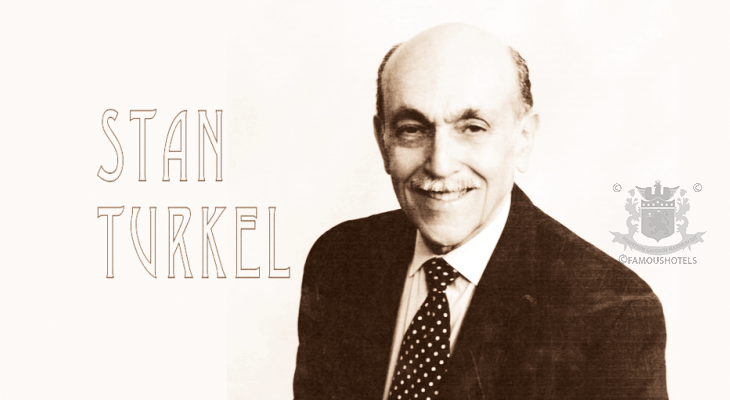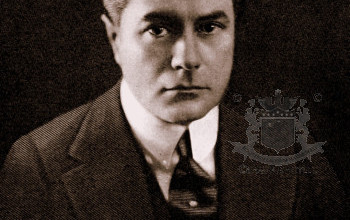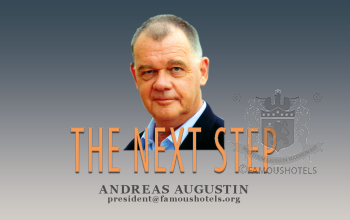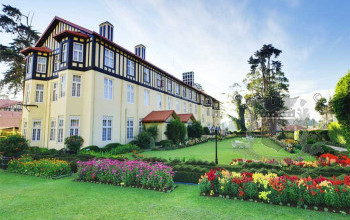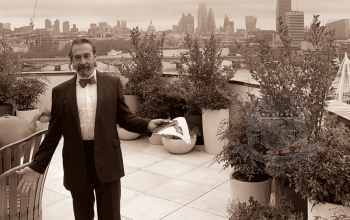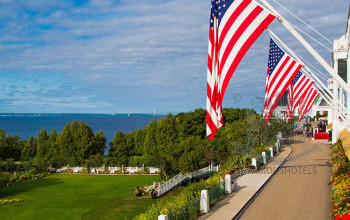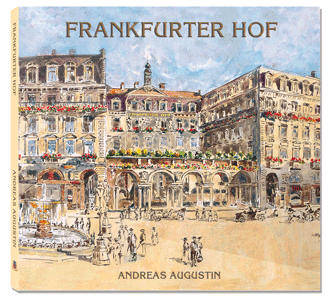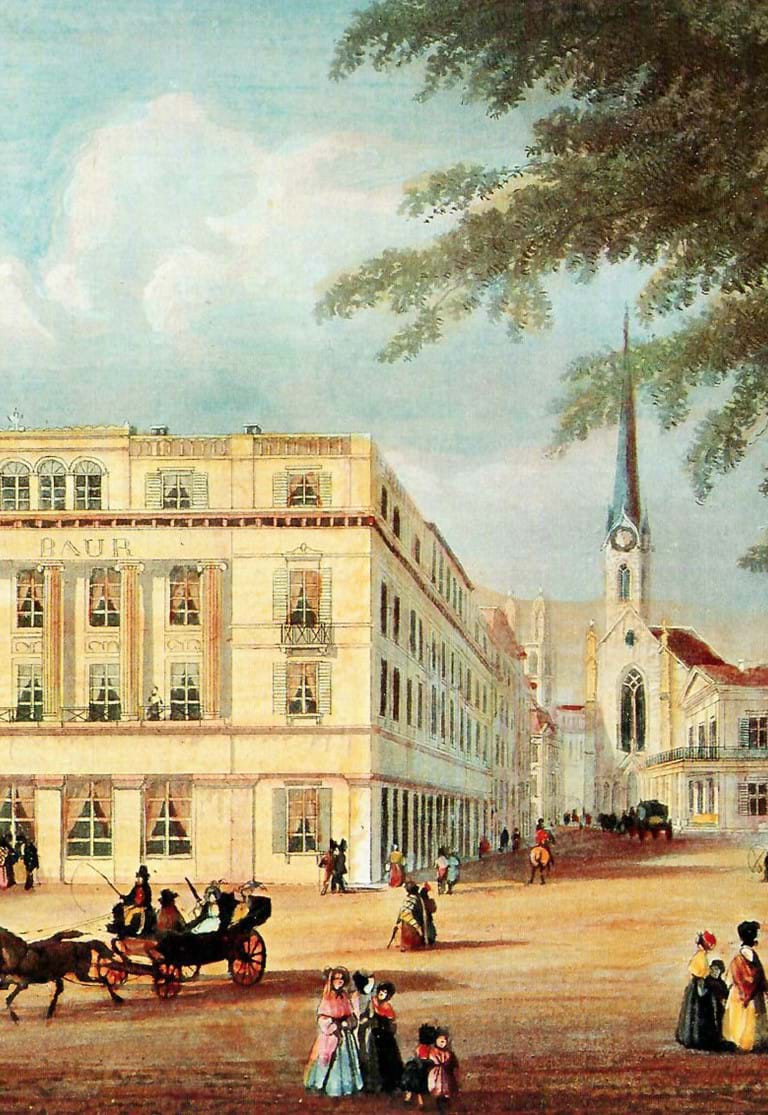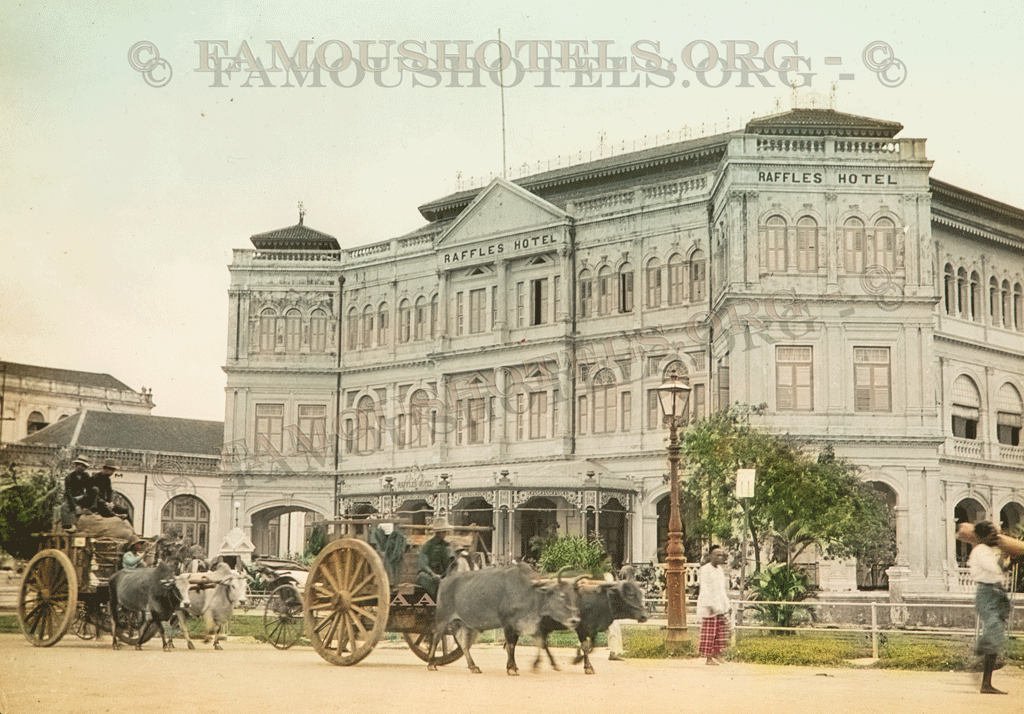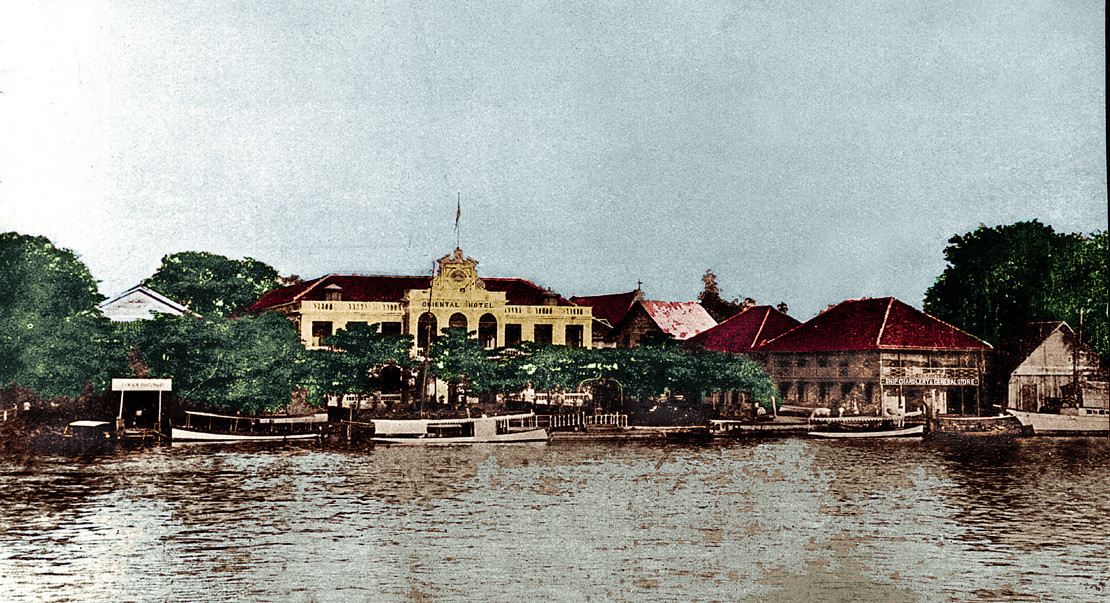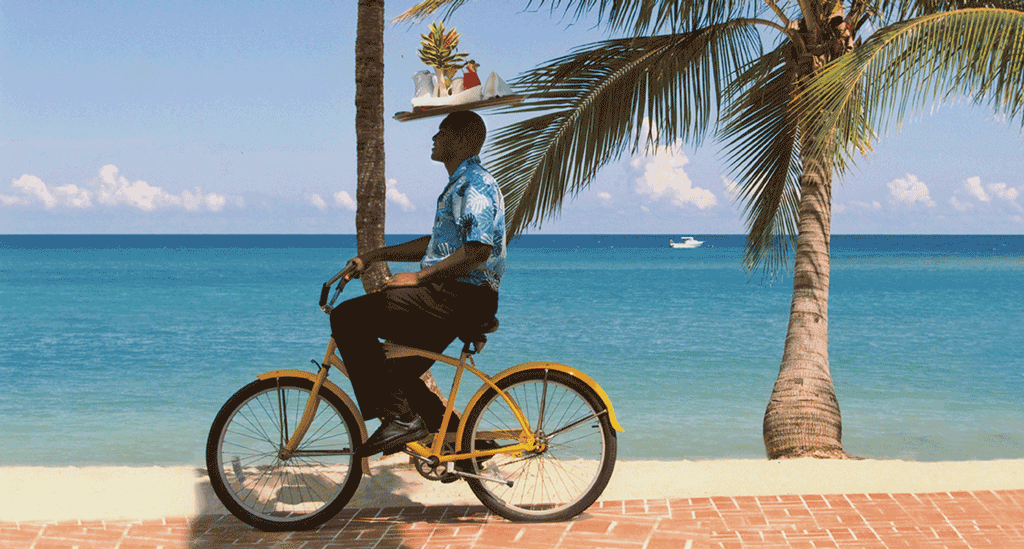Asian American Hotel Owners Association
( words)
Nobody Asked Me, But… No. 211: Hotel History: Asian American Hotel Owners Association*
By Stanley Turkel, CMHS
Hotel History: Asian American Hotel Owners Association*
The Asian American Hotel Owners Association (AAHOA) is a trade association that represents hotel owners. As of 2018, AAHOA has approximately 18,000 members who incredibly own about half the 50,000 hotels in the United States. If you bear in mind that Indian Americans constitute less than one percent of Americas population, the conquest of this business niche is extraordinary. Furthermore, about 70% of all Indian hotel owners are named Patel, a surname that shows that they are members of a Gujarati Hindu subcaste.
How did this economic miracle come to pass? The first Indian motel owner in the United States is said to have been an illegal immigrant named Kanjibhai Desai who managed to buy the Goldfield Hotel in downtown San Francisco in the early 1940s.
Some twenty-six years later in 1949, another Asian American of Indian descent came to the United States from his home near the city of Surat during the first wave of legal immigration from India. Bhulabhai V. Patel picked apricots and grapes in Northern California and worked at various jobs until he saved enough to purchase the 108- room William Penn Hotel in San Francisco in 1960. By 1996, Bhulabhai owned nine properties in Northern California with his son, Raman and grandson Pramod. At the time, he was amazed by the rapid growth of the Indian American lodging community. “It started with one hotel”, he said, “Now we’ve got thousands”.
“Patel” means farmer or landowner in Gujarat where the Patels are the original and largest clan. In order to facilitate tax collections, the British delineated, reassigned and renamed some of them “Amin” (the farm managers) and others “Desai” (those who kept the books). It is said that the Patels have a commerce gene in their blood and the anecdotal evidence seems to bear this out.
In the mid-1970s, Patels from India, Africa and Asia began to emigrate to the United States where any immigrant willing to invest $40,000 in a business could apply for permanent residence, the first step to citizenship. There were limited opportunities for such an investment. Restaurants required the Hindu Gujaratis to handle meat, an uncomfortable activity. Furthermore, a restaurant required one-on-one interaction with guests, confusing for newly-arrived immigrants. But distressed roadside motels could be acquired outright for $40,000. In addition, the motel industry was slumping badly because of the oil embargo and the resultant nationwide shortage of gasoline.
One Patel pioneer reported that a motel “… is easy to run. You don’t need fluent English, just the will to work long hours. And, it’s a business that comes with a house- you don’t have to buy a separate house….”
The new owners brought their business expertise and their families to operate these motels. They instituted modern accounting techniques to monitor the all-important cash flow. Four times cash flow became the mantra of the Patels. If the distressed motel produced $10,000 per year in revenues and could be acquired for $40,000, it was profitable for a hard-working family.
They renovated and upgraded the rundown motels to improve cash flow, sold the properties and traded up to better motels. This was not without difficulties. Conventional insurance companies wouldn’t provide coverage because they believed these immigrant owners would burn down their motels. In those days, banks were unlikely to provide mortgages either. The Patels had to finance each other and self insure their properties.
In a July 4, 1999 New York Times article, reporter Tunku Varadarajan wrote, “The first owners, in a manner consistent with many an emergent immigrant group, scrimped, went without, darned old socks and never took a holiday. They did this not merely to save money but also because thrift is part of a larger moral framework, one that regards all nonessential expenditure as wasteful and unattractive. It’s an attitude buttressed by a puritanical aversion to frills and frivolities, one that has its roots as much in the kind of Hinduism that the Patels practice as in their historical tradition as commercial perfectionists.”
They bought, renovated, operated and resold motels mostly along the interstate highways. Soon, the name “Patel” became synonymous with the hotel business. Patels own motels in cities all over the U.S., including Canton (Texas, Mississippi, Michigan and Ohio), Burlington (Vermont, Iowa and North Carolina), Athens (Georgia, Tennessee and Alabama), Plainview (New York and Ohio) and Longview (Texas and Washington).
Author Joel Millman writes in The Other Americans (Viking Books):
“Patels took a sleepy, mature industry and turned it upside down- offering consumers more choices while making the properties themselves more profitable. Motels that attracted billions in immigrant savings turned into real estate equity worth many billions more. That equity, managed by a new generation, is being leveraged into new businesses. Some are related to lodging (manufacturing motel supplies); some related to real estate (reclaiming derelict housing); some simply cash seeking an opportunity. The Patel-motel model is an example, like New York’s West Indian jitneys, of the way immigrant initiative expands the pie. And there is another lesson: as the economy shifts from manufacturing to services, the Patel-motel phenomenon demonstrates how franchising can turn an outsider into a mainstream player. The Gujarati model for motels might be copied by Latinos in landscaping, West Indians in homecare or Asians in clerical services. By operating a turnkey franchise as a family business, immigrants will help an endless stream of service providers grow.”
As investment and ownership expanded, the Patels were accused of a wide variety of crimes: arson, laundering stolen travel checks, circumventing immigration laws. In an unpleasant burst of xenophobia,Frequent Flyer magazine (Summer 1981) declared, “Foreign investment has come to the motel industry…..causing grave problems for American buyers and brokers. Those Americans in turn are grumbling about unfair, perhaps illegal business practices: there is even talk of conspiracy.” The magazine complained that the Patels had artificially boosted motel prices to induce a buying frenzy. The article concluded with an unmistakable racist remark, “Comments are passed about motels smelling like curry and dark hints about immigrants who hire Caucasians to work the front desk.” The article concluded, “The facts are that immigrants are playing hardball in the motel industry and maybe not strictly by the rule book.” The worst visible manifestation of such racism was a rash of “American Owned” banners displayed in certain hotels across the country. This hateful display was repeated in post- Sept 11 America.
In my article, “How American-Owned Can You Get”, (Lodging Hospitality, August 2002), I wrote,
“In post-Sept. 11 America, signs of patriotism are everywhere: flags, slogans, God Bless America and United We Stand posters. Unfortunately, this outpouring sometimes oversteps the boundaries of democracy and decent behavior. After all, true patriotism encompasses the best features of our founding documents, and the very best of America is reflected in its diversity. Conversely, the worst if reflected when any one group attempts to define “American” in their own image. Unfortunately, a few hotel owners have attempted to describe their own peculiar version of “American.” When at the end of 2002 the Hotel
Pennsylvania in New York City installed an entrance banner saying “an American-owned hotel,” the owners attempted to deflect criticism by explaining, “The issue of American-owned is basically not disparaging toward other hotels. We want to provide our guests with an American experience. We want people to know they are going to get an American experience. We are not really interested in what the other hotels are or what they are not.”
This explanation is as wrongheaded as it gets. What is an “American experience” in a country that prides itself on its cultural diversity? Is it only white bread, hot dogs and cola? Or does it encompass all the arts, music, dance, food, culture and activities that various nationalities and citizens bring to the American experience?
How much more American can you get?”
Today AAHOA is the largest hotel owners association in the world. Its U.S. citizen members own one of every two hotels in the U.S. With billions of dollars in property assets and hundreds of thousands of employees, AAHOA-owned hotels are core contributors in virtually every community in the United States.
*excerpted from my book “Great American Hoteliers: Pioneers of the Hotel Industry”
AuthorHouse 2009

